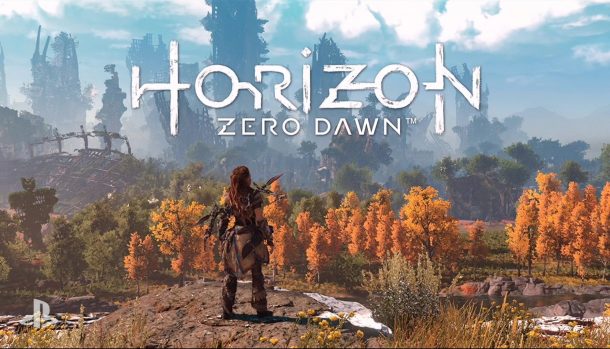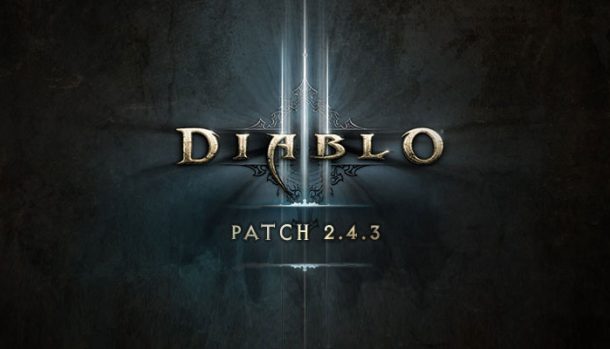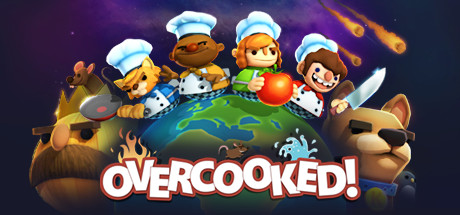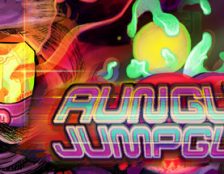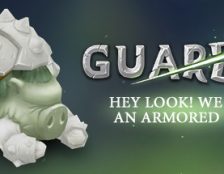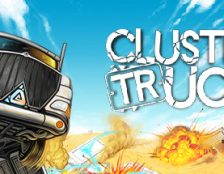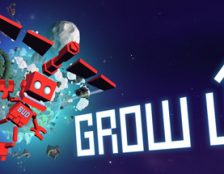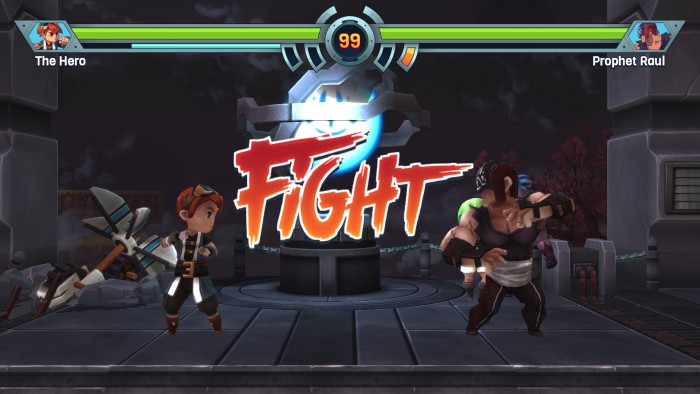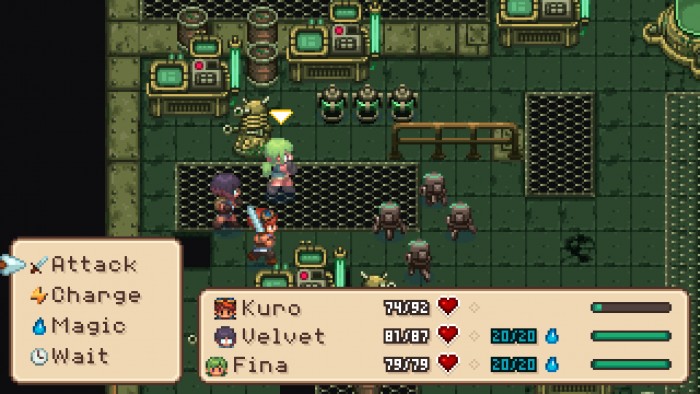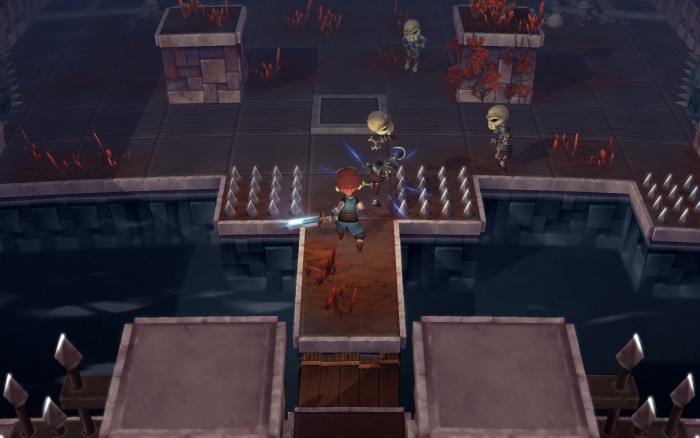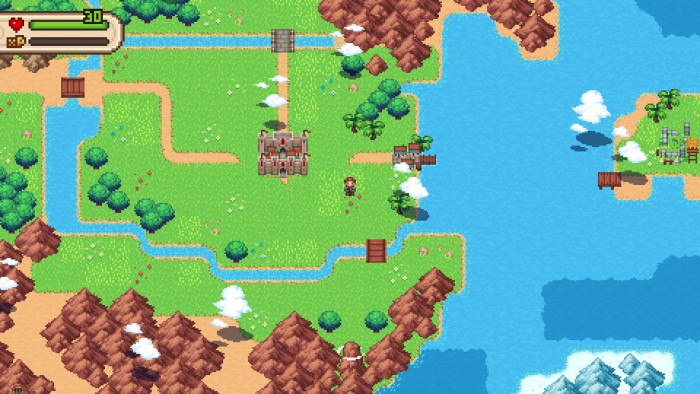Most of us remember the first RPG games on PCs and consoles with fondness. Games like The Legend of Zelda, Fina Fantasy, DragonQuest, Shining Force and many others were at the forefront and an inspiration of many of the games of that genre that came out over the years. Besides, many of them have became big franchises of their own who’s sequels continue their stories even to this day. Those old games are still massively popular, as testified by still being the theme of many streams and Let’s Plays even with many newer games. Therefore, it’s no wonder that many developers look back to them in hopes of finding that special something that gave them so much charm.
Indie studio Shiro Games has tried to do exactly that in 2013 with the game Evoland, which was at the same time an homage to the classic RPG games. Although it got mixed reactions, it was universally agreed on that the first Evoland was too short to reach it’s full potential. Two years have passed, and here’s Evoland 2, a spiritual successor to the first game, with a much wider story.
Just like the first game, it’s sequel uses a time-travel mechanic that changes the visual and mechanical tone of the game, with each one of them being inspired by the different eras of RPG gaming and popular games from them. Simply put, the whole game is a big nostalgia-trip, that will elicit smiles of those gamers that have played those games, while the others are likely to be confused by the many references and easter-eggs. And therein lays both the biggest advantage and flaw of Evoland – all of the game’s charm rides on the feeling of nostalgia it arouses from the player and on it depends the subjective experience he’s going to have playing the game.
We follow the story of a hero that becomes a major factor in the history, present and future of the conflict between the Empire and Demons and the whole continent that they live in. He will face many challenges, but luckily he has various allies that follow him throughout the story and help out with their powers and knowledge. He will reach his goals through combat, but also through solving puzzles and riddles.
The game changes visually depending on whether you’re in the past, present or the future, and the quality of the visuals changes with them. So, in the “past” the game uses NES 8-bit graphics, in the “present” it’s SNES 16-bit version, while in the future it’s 3D rendered graphics akin to the N64, with each one slightly modernized though. The color palette is big and well used, which helps the game look good in every visual variant, all things considered. The drawing style is mostly inspired by Americanized J-RPG style. Music and sound effects are entirely made up of 8-bit melodies. The music is very good while being non-intrusive, which is, in my opinion, a very good quality to have when it comes to 8-but tracks. Sound effects are often used to accentuate various actions in game, for example doing the “voice over” to the text crawls during the dialogues. The controls are fairly simple and consist of standard movement keys and two more buttons – one for attack and another for interaction. By holding the attack button you start to channel the special power of a companion that you have selected using Tab.
There are many items to collect in game, and there is also an XP-based leveling progression system, but sadly the progression in weaponry and equipment is almost imperceptible, resulting in a feeling of it having barely any effect while playing. The only noticeable progression is in HP, because that number is at least always visible. Besides those, there are many other items to collect, such as stars, that have no direct effect on the outcome of the story, but are there for the collectors and those who like to explore every nook and cranny.
As was previously mentioned, the game relies on the feeling of nostalgia through it’s style, looks and humor and paying homage to other games. In that vein, it often changes it’s game type while adventuring, becoming a platformer, fighting game like “Street Fighter”, a connect-3 game, a card game, flying shooter like Gunbird… and many others. These are welcome changes, because after a while the game tends to become monotonous and repetitive. The quality of humor in game varies too, so along with some great jokes, there are those that after long set-ups filled with dialog simply miss their mark and leave you wanting your time back – which is not a good thing to happen in a game where you need to click twice to pass through each bubble of dialog.
This leads us to another noticeable issue. Many improvements in the video game industry and RPGs over the years are the result of redundancy reduction during gameplay or a simplification of the interaction between the player and the game. Older games, of course, didn’t have that luxury because either the developers haven’t thought of it yet or simply the technology at the time didn’t allow it. But by today’s standards, such gameplay seems needlessly slow and complicated and feels like “using a bulldozer to dig a golf hole”. In short, even new games can keep the nostalgic vibe, without resorting to retrograding elements and systems.
Additionally, save-game system kicks in only in certain locations and when entering new scenes, which can be problematic because the game is full of bugs – character and environment clipping, frozen screens, to name a few – and the only way to solve the issue is to close the game and restart from the last save (look, more nostalgia), which can be very frustrating when it happens over and over again in certain situations.
However, even with all that, the game is ultimately a fun experience for all of us that loved and played such games in our childhood. Therein lays the biggest divide and aggravating point when rating such a game, because in the end it’s hard to be objective towards a game that is simply not for everyone. But, if you are a fan of old RPG games or if you’ve always wanted to try one and see how it all began, Evoland 2 is not a bad starting point.
Author: Miljan Truc

